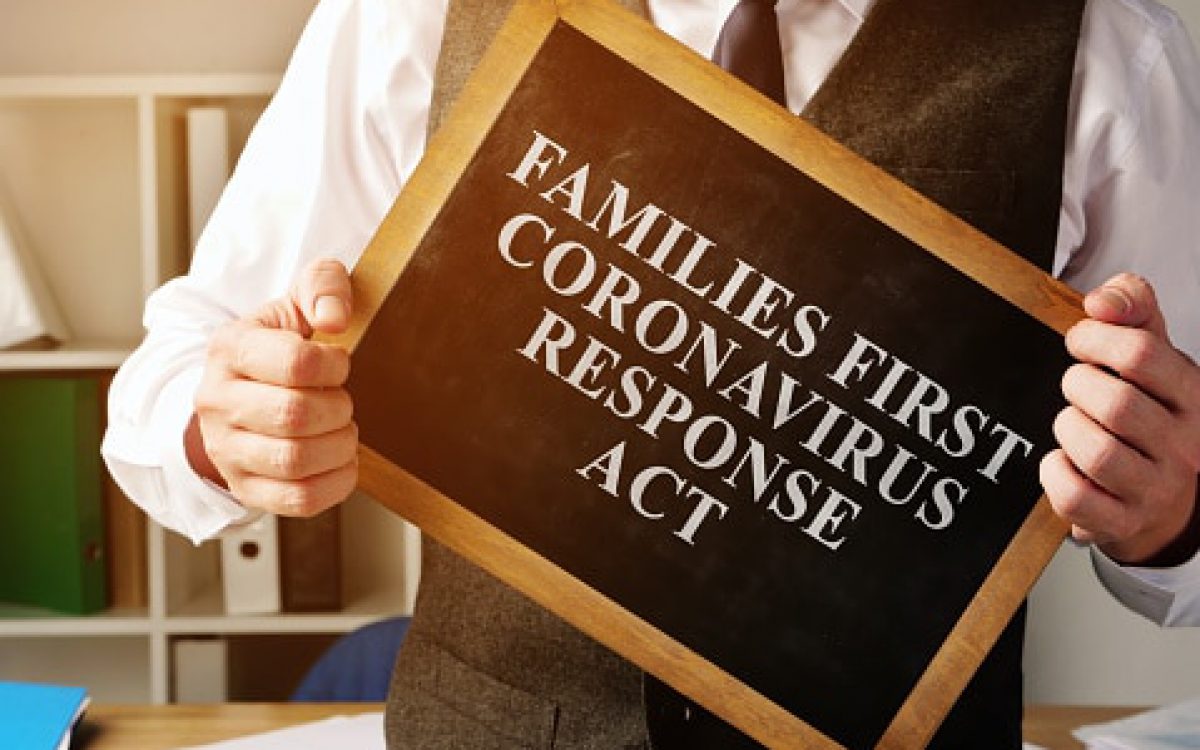On August 3, 2020, the U.S. District Court for the Southern District of NY(SDNY) invalidated four key portions of the Families First Coronavirus Response Act (FFCRA), involving the Emergency Family and Medical Leave Expansion Act (EFMLEA) and the Emergency Paid sick Leave Act (EPSLA). The Court ruled that the Department of Labor (DOL) exceeded their rulemaking authority regarding some aspects of the rule the DOL promulgated earlier this spring. Effective April 1, 2020, the FFCRA provides two forms of paid leave to include emergency paid sick leave (EPSL) and emergency family and medical leave (EFML) to businesses with fewer than 500 employees in the U.S.
The court’s ruling set aside the DOL rule in four key respects, stating:
- The work-availability requirement “unduly restricts paid leave,” is inconsistent with the FFCRA, and is invalid.
- The final rule’s requirement of employer consent for intermittent leave under the EPSLA were invalidated.
- The final rule’s requirement that employees submit documentation to their employer, prior to taking FFCRA leave, that provides their reason for, duration of, and proper authority authorizing isolation or quarantine (when applicable) was invalidated. “The documentation requirements, to the extent they are a precondition to leave, cannot stand.”
- The final rule’s definition of a healthcare provider “cannot stand” because it “[e]xceeds the DOL’s authority” and is overly broad. Employers may exclude healthcare providers or emergency responders from leave benefits under the FFCRA so the final rule’s definition (that includes “employees whose roles bear no nexus whatsoever to the provision of healthcare services”) may have “grave consequences for employees” who could be unjustly denied leave benefits under the FFCRA.
It is likely that this ruling will be appealed by the DOL. The New York court’s decision did not make clear whether its ruling applies nationwide or only to New York employers. Thus, companies confronted with leave situations under the FFCRA should discuss their particular situation with experienced legal counsel before proceeding to grant or deny an employee’s leave request.
